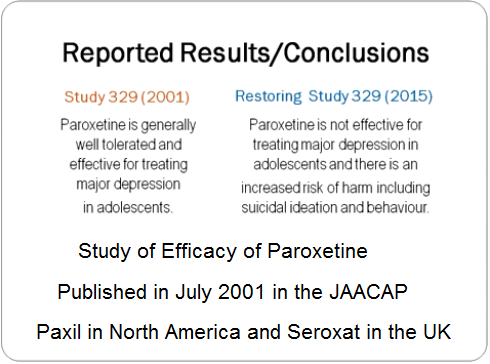
Knowledge will forever govern ignorance, and a people who mean to be their own governors, must arm themselves with the power knowledge gives. James Madison
Walter Keim
Almbergskleiva 64
Rindal, 14. July.2020
Sivilombudsmann
Postboks
3 Sentrum,
0101 Oslo
Kopi: Peter
Gøtzsche, Robert
Whitaker
TIPS (Early Detection in Psychosis Study) project death are 11.56 higher then normal population.
1. September 2019 access was requested access to TIPS - anonymised data (1, 2), forward 3.2.20 and 10.2.20 to the Ministry of Health. The Ministry of Health refused 4.2.20 ref. 17 / 2205-70 access (4).
"The Ministry's assessment is that the information requested here can be linked to individuals" and states "(d) if you wish, you can appeal this decision to the Civil Ombudsman". The assessment can obviously not be based on a separate assessment of "Case studies" submitted 10.2.10.
The Ministry relies on Oslo University Hospital (OUS), which "leaves the processing of complaints to the Ministry" writes in its letter 28.1.20 (3):
"The average age of project participants is around 30 years, a period in life where deaths are rare, which provides a concrete opportunity for back-identification.»
OUS also writes in the sentence before: "The work file contains information that can theoretically make it possible to re-identify those who have died."
The TIPS project (Hegelstad, Melle et al. 2012) followed 281 patients where 49 or 28 died over 10 years. These are from two sectors, one ("approximate population, 370,000") and the other 295,000 people. This is about 60,000 people are aged 25 to 35 years.
According to Melle et al. 2017 31 died, out of 281 make up more than 10%. The Standardized Mortality Ratio (SMR) is 11.56 compared to the normal population, i.e. it is more than 1%. who died in the population. Roughly speaking, about 600 people died in the population. It is not practically possible to re-identify the 31 dead among more than 600. Therefore, the refusal of access is appealed.
In a letter dated 5 March 2018 to the Norwegian National Research Council, the Nordic Cochrane Center explained why the information is important, especially 10 patients "who died due to accidents, cardiovascular illness, other illness or from unknown causes". Peter Gøtzsche and Robert Whitaker have e.g. asked "When did the suicides occur?" and what "What does accidental overdoses and other accidents mean?" ("seven (2.5%) by accidental overdoses or other accidents"). From the access seeker's point of view, the answer to these questions is the main content of the documents not theoretically back identifiable information that can be deleted.
The patients could also e.g. anonymized to P-accident1 to P-accident7. There is no danger of identification.
Reliable information is needed to make patients' consent valid.
Access is a constitutional human right, among other things. a. according to "Article 12 (b) (iv) General Comment 14: 'Information accessibility: accessibility includes the right to seek, receive and impart information and ideas concerning health issues' International Covenant on Economic, Social and Cultural Rights", Norge has ratified.
Sincerely
Walter
Keim
Netizen: http://walter.keim.googlepages.com
Is it possible to enforce access to
information in
Bavaria
http://wkeim.bplaced.net/files/enforce_access_to_information.html
Complaint to Human Rights Committee Case Keim
Against Germany: No Right to Information Law in Bavaria:
https://t.co/krZaa1Jyok
Attachments:
1.09.2019: Application for access TIPS data om death
9.09.2019: Complaint against refusal of access
28.1.2020: UiO answer to the ministry
3.02.2020: Ministry rejects access to anonymised data: «The Ministry's assessment is that the information requested here can be linked to individuals»
5.03.2018: brev av Nordic Cochrane Centretil til Norges forskningsråd (Norwegian National Research Council) http://wkeim.bplaced.net/t/files/Gøtzsche%20letter%20about%20TIPS%20to%20Norwegian%20Research%20Council,%20follow-up%20letter.pdf
23. July 2020: Sivilombudsmannen asks for documents at Ministry for health
31.
August 2020: «After a review of the information requested,
access to and Health and
the Ministry of Health's justification
for the refusal of access, no evidence has been found
so that
further investigations from here could lead to decisive legal
objections to the
Ministry's decision to refuse access to the
information. The case is now closed here.»